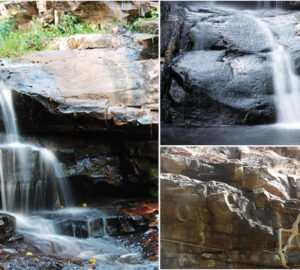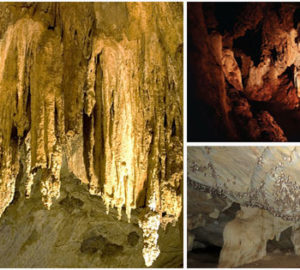The Tsodilo Hills in Botswana : an artistic and archaeological getaway
For lovers of travel, culture and art, Afroculture.net takes you on a tour of the Tsodilo Hills in north-west Botswana in southern Africa.
What are the Tsodilo hills?
The Tsodilo hills are a spectacular, magnetic and highly spiritual archaeological site. Copper-coloured and rising abruptly, they impress and seduce many travellers as they plunge you straight back into antiquity. They are considered to be the cradle of rock art in Africa.
With its rock paintings and copper-coloured walls, Tsodilo is a mystical place where the spirits of the ancestors of the San and Hambukushu tribes reign. These two peoples occupied the Tsodilo hills for over 200 years. In 2002, Tsodilo was declared a UNESCO World Heritage Site, due to its exceptional historical and cultural importance.
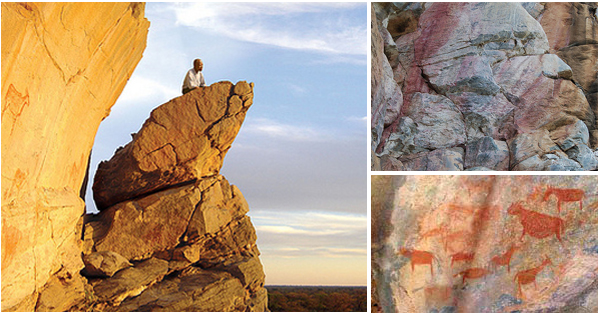
Archaeological discoveries
Various archaeological studies confirm that Tsodilo has been inhabited for the last 100,000 years. It is considered to be the oldest historical site in the world. Researchers have discovered carved bones, stone tools, glass and shell beads, and pottery dating back 90,000 years.
Who were the Tsodilo?
The original Tsodilo people, known as Divuyu, were Bantu. Research shows that the Bantu (from central Africa) lived in the Tsodilo hills for over 1,000 years. They were herders who lived on the plateaux. They traded copper jewellery from the Congo, shells from the Atlantic and glass beads in exchange for furs.
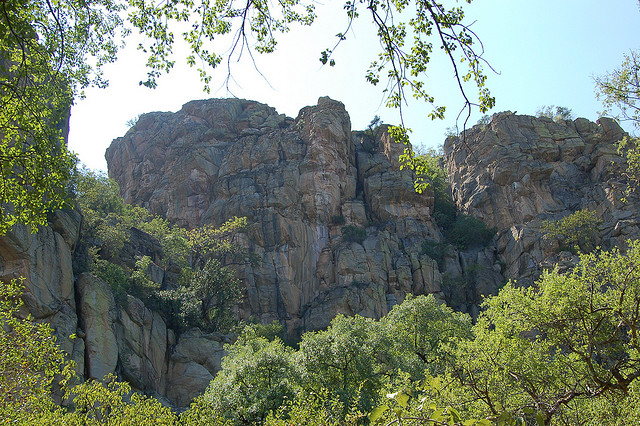
Incredible paintings
Numerous art lovers and culture enthusiasts flock to discover more than 4,500 cave paintings on the walls of its hills. These include animals, dance scenes, hunting scenes and rituals. The most famous paintings are ‘the rhinoceros polychromies and the Eland panel, located on a cliff overlooking the blazing African desert’. Schematic drawings with geometric motifs can be found on the hills of Tsodilo.
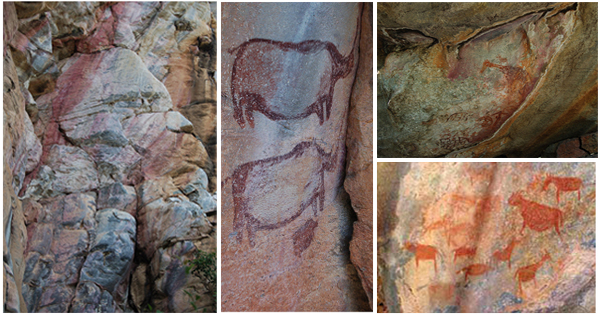
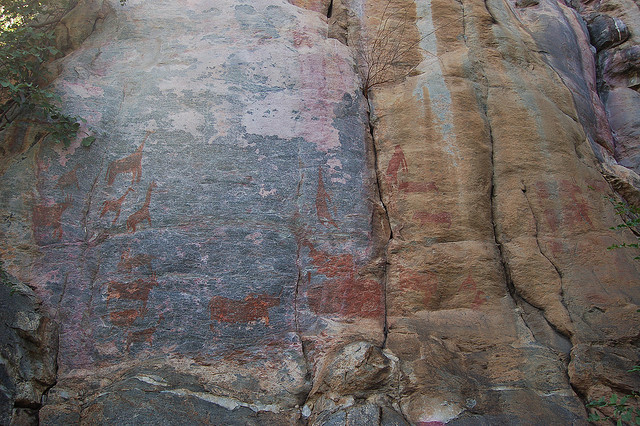
|
|
Have you had the chance to visit its magnificent hills? Don’t hesitate to share your best memories with us.




















